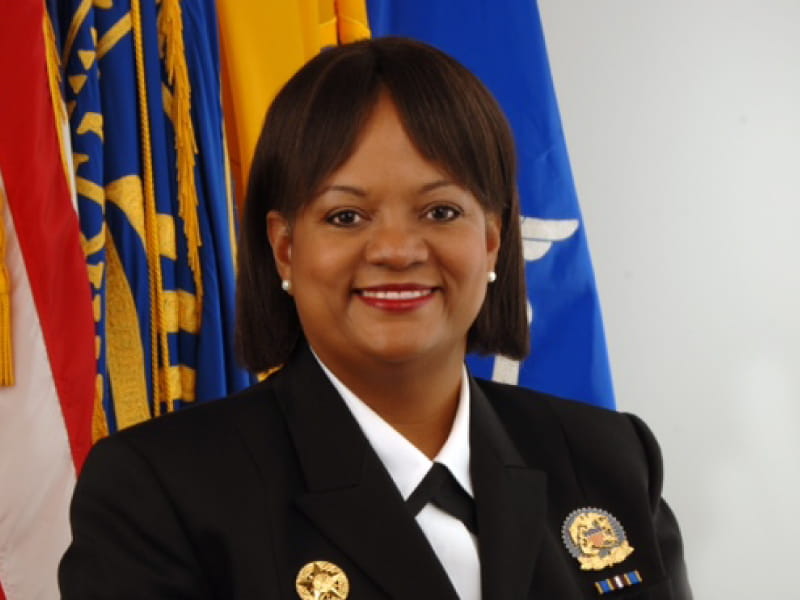Country's former top doc learned resilience by dealing with disasters
By American Heart Association News

For most people, being appointed U.S. surgeon general would qualify as a career-defining moment. But for Dr. Regina Benjamin, the real defining moment came earlier, in the bayous of Alabama.
A native of Daphne, Alabama, Benjamin began her medical career at a nonprofit clinic in the small shrimping village named Bayou La Batre. Her clinic there had already been damaged by two hurricanes before Hurricane Katrina flooded it in 2005. Months later, as she was getting ready to reopen, a fire burned it to the ground.
Demoralized and unsure what to do next, she opened an envelope sent to her by an older patient. Inside, she found $7 and a note telling her to use the money to help rebuild the clinic.
"The whole town had lost everything, including this grandmother, so I knew if she could find $7, I was going to find the rest," said Benjamin, who went on to rebuild the clinic and continues to work there today.
"It taught me a lot about resilience. I learned things can be rebuilt, even when they look like they can't."
Benjamin's ability to bounce back from adversity defines her long, distinguished career. Her dozens of honors include a MacArthur Genius Award Fellowship and the distinction of being the first person under 40 and the first African American woman to be elected to the American Medical Association Board of Trustees.
Today, in addition to overseeing BayouClinic in Bayou La Batre, she holds an endowed chair in Public Health Sciences at Xavier University, is the CEO of Gulf States Health Policy Center, and a board member of the American Heart Association. She continues to serve on various national health boards and committees.
"If you stick together and work with others, you can get things done," Benjamin said.
She learned that lesson early on from her grandmother, Marie Alphonse, who helped post bond for people jailed during the civil rights movement and helped start a black Catholic church in their Alabama community.
"She was always doing things for others. I learned everything from my grandmother's actions," she said.
Benjamin's sense of duty to her community was so strong she initially hesitated when President Barack Obama asked her to become surgeon general in 2009. When the request came, she was just getting ready to open a new clinic in Bayou La Batre after years of working in makeshift offices, including her pickup truck.
"I was like, 'Not now!' We're about to get real chairs and a real building," she said with a laugh.
Eventually, she took the job, but only after her patients gave their blessing. "It was like, 'I can have 300 million Americans as my new patients,'" she said.
During her four years in Washington, D.C., and ever since, Benjamin has worked hard to improve national mental health care and increase the prevention of suicide and child sexual abuse. She's also taken an active stance against teen smoking and vaping. In November, she helped launch the AHA's $20 million "End the Lies: Youth Vaping and Nicotine Research Initiative."
"Prevention is at the foundation of everything. We've got to prevent people from getting sick in the first place," she said. "My mother died of lung cancer from smoking, my father from complications of a stroke, and my brother from HIV … all preventable things. I don't want other folks to have to go through that."
In 2011, while surgeon general, she released the first-ever "National Prevention Strategy: America's Plan for Better Health and Wellness." A decade later, the 63-year-old physician remains passionate about the goal of high-quality health care regardless of race, gender or ZIP code.
The key, she said, is "doing it from the grassroots."
"A good health care system depends on the health of the community, which ultimately lies with the health of the individual."
If you have questions or comments about this story, please email [email protected].





